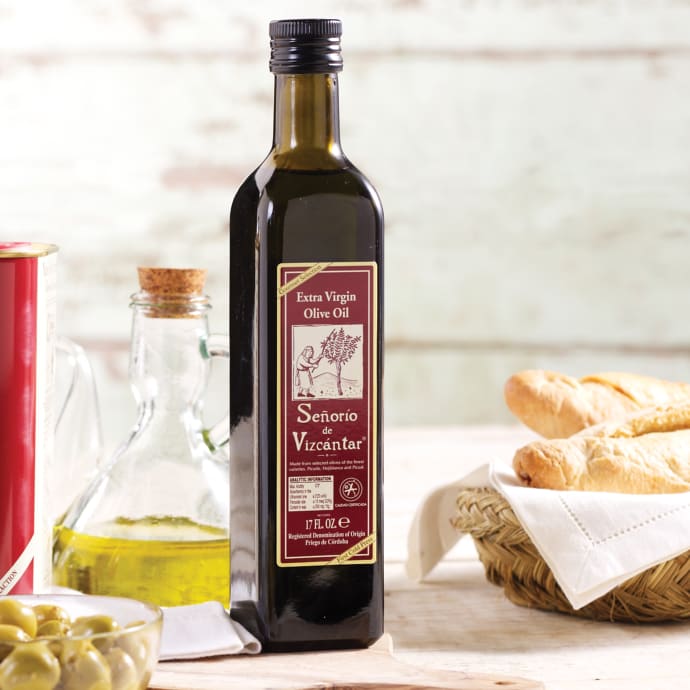Antioxidant-rich olive oil protects against heart disease
Joan Raymond
"We start with olive oil as babies," says Antonio Diaz, a native of Spain and owner of tapas restaurant Costa del Sol in New York. Olive oil is mandatory at every meal in a typical Spanish home, and for good reason: The country makes more than 40 percent of the world's supply, although until recently the majority was sold and packaged outside its borders (the Italian olive oil you're using might actually be from Spain). Spanish olive oil producers are now labeling their own brands, and making a name for themselves as the source for top-quality oil. And with more than 262 different olive varieties (24 of which are used for oil), Spanish oils are more diverse than those from other countries.
Why to try it: Antioxidant-rich olive oil protects against heart disease by controlling LDL, or bad, cholesterol levels while raising HDL, or good, cholesterol. In fact, it's such a health boon that the U.S. Food and Drug Administration (FDA) lets olive oil producers put a heart-health claim on their labels. (It's one of a handful of foods to get that blessing.) But new research shows olive oil may be more than just good for your ticker. Scientists from Philadelphia's Monell Chemical Senses Center discovered that olive oil has a compound with the same structure as ibuprofen, the widely used anti-inflammatory painkiller in Advil and Motrin. That means olive oil may offer the same benefits as low doses of the drug, including reduced risk of heart attack, stroke, some cancers, and even Alzheimer's disease. It also may help fight breast and colon cancers.
What to do with it: Light and aromatic, Spanish olive oil is easy to find at your local grocery store or online at Tienda.com for about $10 to $20 per 17-ounce bottle. Dunk whole-grain bread in olive oil, or drizzle over grilled vegetables. Or try our Shrimp With Garlic in Olive Oil recipe.




